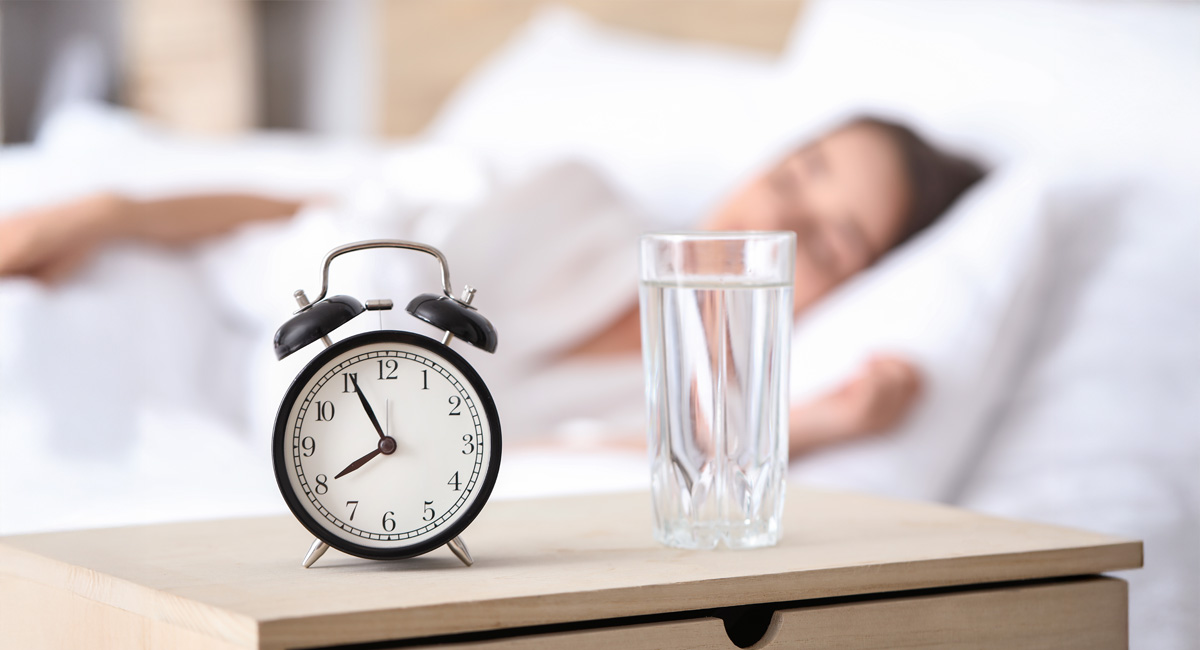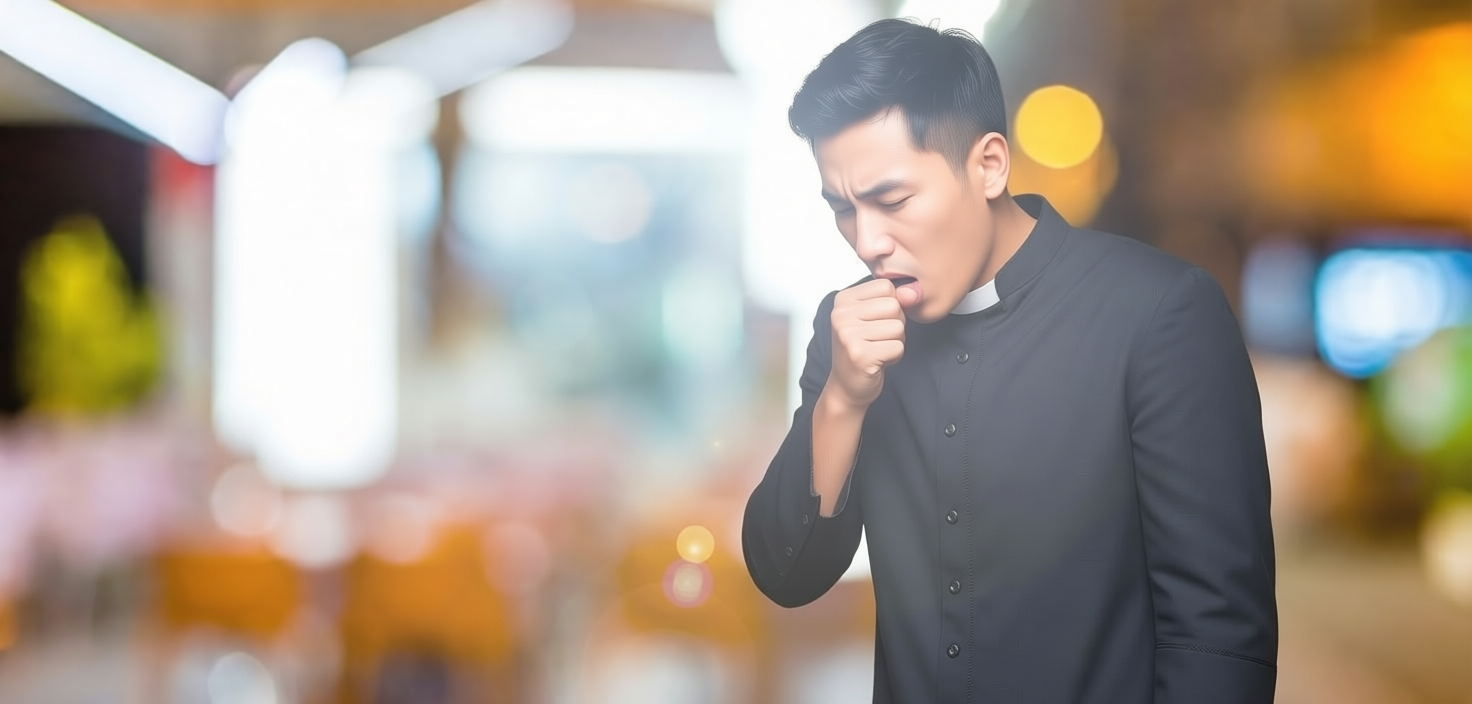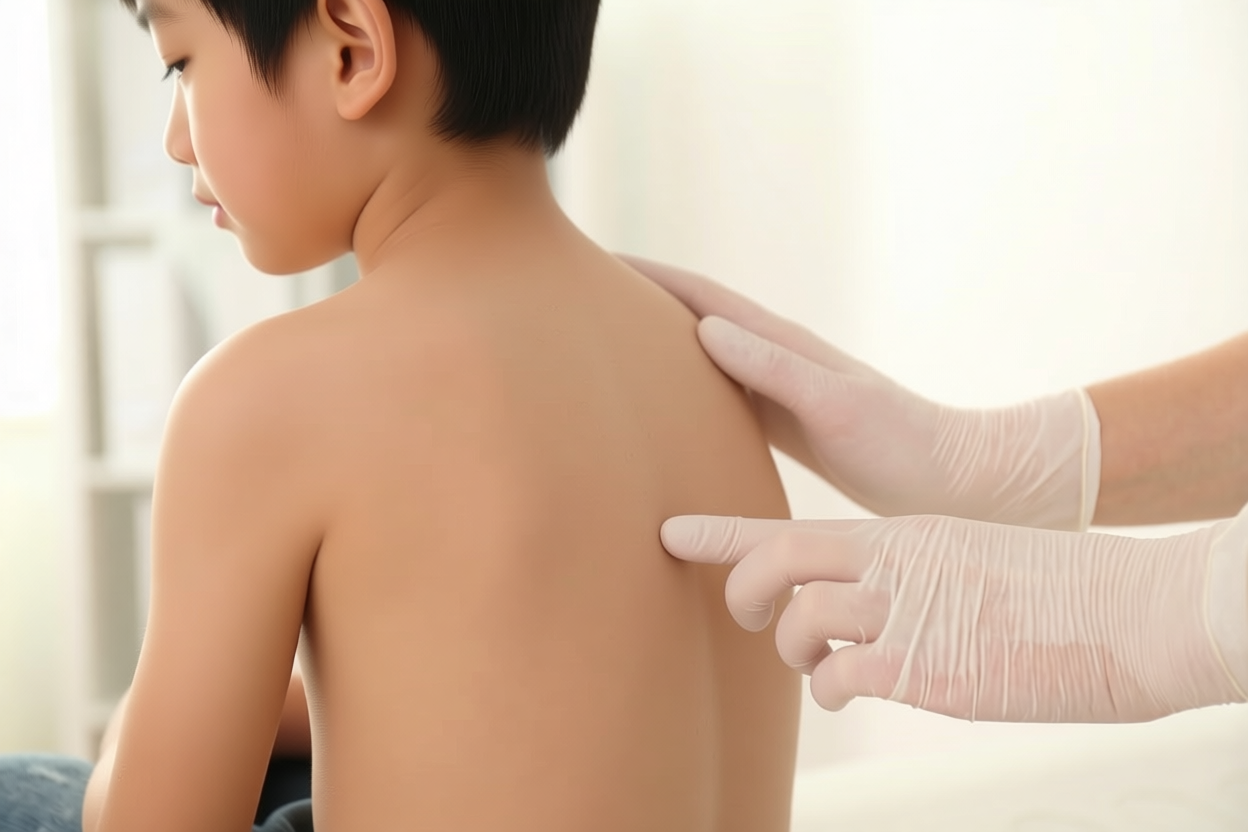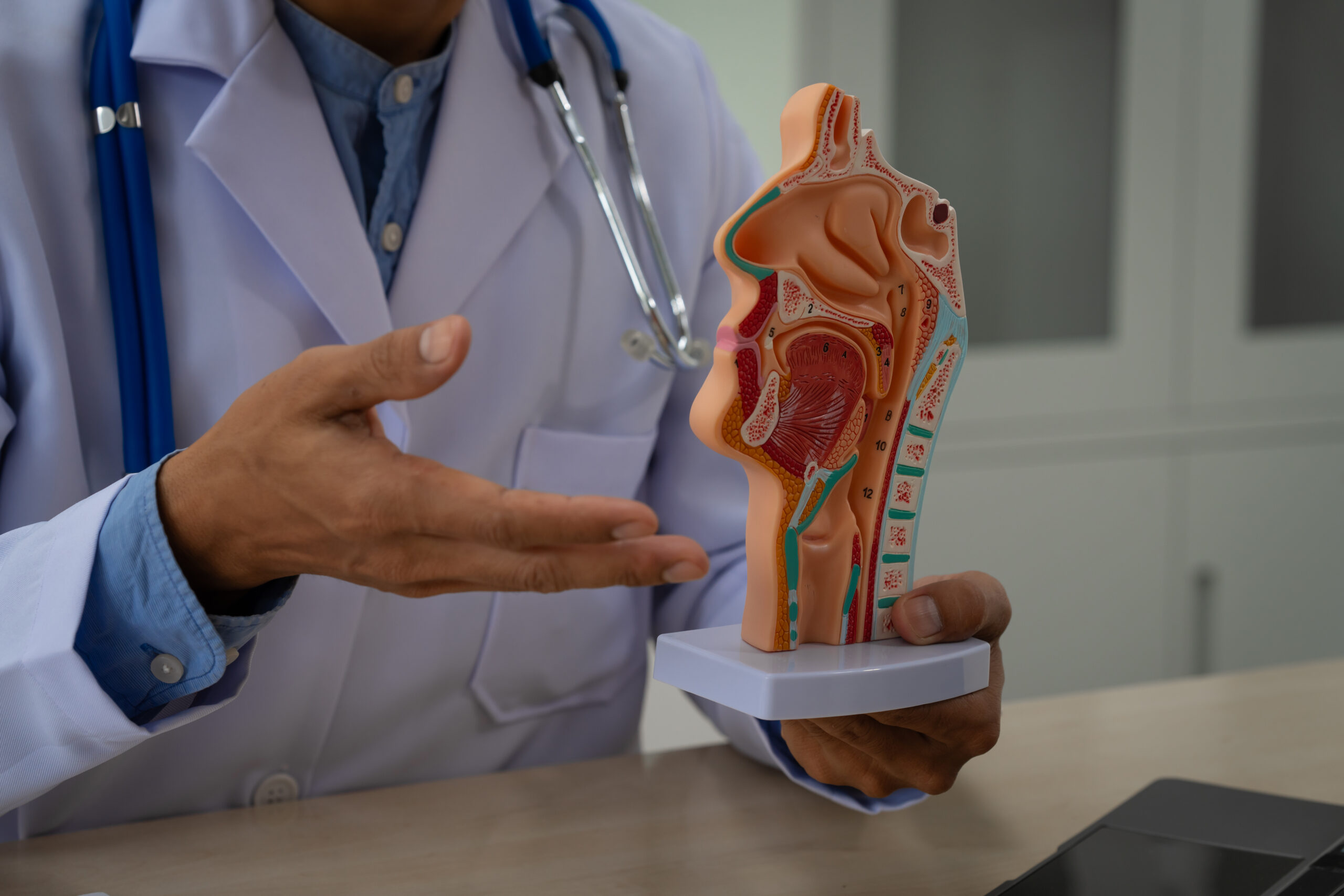We’ve all heard the health mantras: “Drink 2 litres of water a day” and “Get your 8 hours of sleep.” But the truth is that these blanket rules often fail to capture what each person’s individual body actually needs.
Instead of counting hours and litres, we’re going beyond the basics. Here you’ll find simple, tests you can do at home by yourself, and learn about the lesser-known signs to check your body’s two fundamental health foundations: Hydration and Sleep.
Hydration — Is the 2-Litre Rule a Myth?
The universal advice to drink eight glasses (roughly 2 litres) of water daily is a helpful benchmark, but it is not a strict biological requirement. Your true fluid needs depend heavily on your size, activity level, climate, and diet.
Instead of counting bottles, use this simple check:
The Urine Colour Chart
The easiest, most reliable method is checking your toilet bowl. Optimal hydration produces urine that is pale yellow or straw-coloured.
| Colour Status | Hydration Level |
| Light/Pale Yellow | Optimal Hydration (Keep it up!) |
| Dark Yellow / Amber | Mild Dehydration (Time to drink!) |
| Brown / Orange | Severe Dehydration (Seek medical advice.) |
Beyond Water: Do Other Drinks Count? (And Which Ones Should You Limit?)
Yes, virtually all non-alcoholic liquids contribute to your total fluid intake, but they are not all equal in terms of overall health. The goal is hydration without unnecessary calories or sugar.
| Fluid Category | Hydration Property | Overall Health Impact / Caveats |
| Water | Pure hydration. | Zero calories, zero sugar, the best choice for sustained health. |
| Hydrating Solids (Soup, Fruit, Veg) | Excellent fluid delivery (80-90% water). | Provides essential nutrients and electrolytes, great for hydration. |
| Tea & Coffee (Moderate) | Net positive fluid contribution. | The caffeine is a mild diuretic, but in moderate amounts, the net effect is still positive for hydration. |
| Fruit Juices | Contains Water (liquid base). | CAVEAT: High in sucrose/fructose (natural sugar), making them calorie-dense and potentially detrimental to dental health. Limit to one small glass (150ml) per day. |
| Soft Drinks / Soda | Contains Water (liquid base). | CAVEAT: Extremely high in processed sugars and calories. The negative health impact from sugar often outweighs the hydration benefit. Limit heavily or avoid. |
The Key Takeaway: Your body gets the fluid it needs from many sources. Focus less on hitting a strict 2-litre water target and more on making sure your urine is pale yellow by prioritising water, lower-fat milk, and unsweetened herbal teas.
Sleep — Do You Really Need 7-9 Hours A Night?
The standard recommendation of 7 to 9 hours of sleep for adults is backed by extensive health research, but we all know of perfectly healthy and high-functioning individuals who claim that four or five hours is all they need.
Here’s how to check if you are getting enough sleep.
The “Five-Minute Rule”
This quick check determines if you are sleep-deprived:
- The Test: If you consistently fall asleep within five minutes of lying down at night, it’s a strong indicator that you are suffering from excessive sleepiness due to sleep deprivation.
- The Benchmark: People who are adequately rested typically take 10 to 20 minutes to fall asleep.
Lesser-Known Signs You Are Running on Empty
It’s not just yawning; chronic sleep debt manifests in surprising ways:
- Sudden Carbohydrate/Junk Food Cravings: Lack of sleep disrupts the balance of the hunger hormones Ghrelin and Leptin, which can lead to intense cravings for high-sugar, high-carb foods.
- Worsened Balance and Clumsiness: Sleep deprivation negatively impacts your cerebellum, leading to reduced coordination, slower reaction times, and an increased risk of clumsiness or minor accidents.
- Excessive Irritability and Low Stress Threshold: Your ability to regulate emotions diminishes severely when tired, making you feel unreasonably moody, stressed, or short-tempered.
The Truth About the “Short Sleeper”
Some people genuinely function perfectly on minimal sleep, but they are extremely rare:
- The Genetic Factor: Those who thrive on 4-6 hours of sleep are often Natural Short Sleepers (NSS), a condition linked to rare genetic mutations (like the DEC2 gene). They wake up feeling completely refreshed and energetic without needing to “catch up” on weekends.
- The Reality: If you feel foggy, irritable, or need caffeine after four hours of sleep, you are sleep-restricting, not a natural short sleeper. Most people who claim to need little sleep are actually accumulating a sleep deficit, which dramatically increases their long-term health risks for issues like heart disease and diabetes.
Listen to Your Body
The journey to optimal health isn’t about rigid adherence to arbitrary numbers. It’s about developing the awareness to recognise your body’s subtle signals. Use the tips in this article to truly understand and meet your unique needs.







